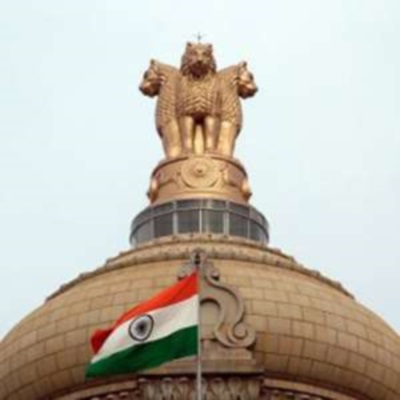TREK TO BHILAI
Bhilai entices you. Representatives, Delegates and Active Corps of the Postal National union movement will converge at Bhilai from 20th to 22nd January, 2015 in the mammoth gathering to review the activities of the union in the last two years, analyze the present situation, take a peep into the future, and resolve upon the further steps to be taken to realize our objectives in the 21st AIC of NAPE, Group C.
A new Government at the center formed and there are apprehensions in the minds of postal workers about their future. New Technology is introduced rapidly into the India Post for modernization and entering into the market competition. The burden of UPSO and consequent cross border subsidy continues. India Post mooted to have a strategic plan for development and sustenance.
The task force on leverage of post office net work suggested holding companies with subsidiary companies designated as strategic business units, 100% owned by Department of post. Corporatization of postal services in very near future is a reality.
There is no tangible movement for the sectional problems like DA merger Interim relief, MACP, Postmaster Cadre, problems faced in the New Technology. we have to formulate our demands and resolutions. The efficiency in the service is our concern. We are capable of doing it in Govt. owned Departments.
Trek to Bhilai in large numbers, we are looking forward to return from Bhilai with hands laden with destiny. Let us make the 21st AIC a historic one. And again, on to Bhilai
The DELEGATE FEES IS FIXED AS Rs 800/-
|


